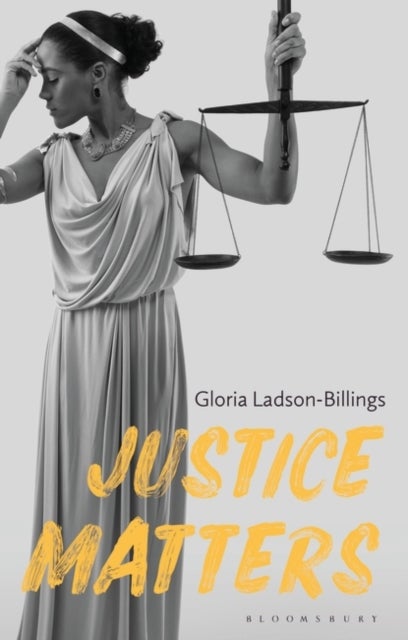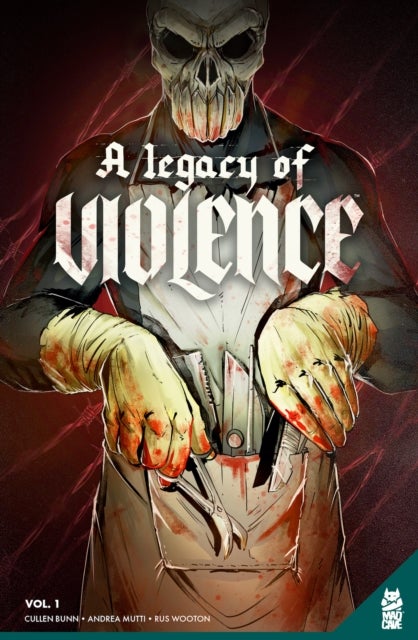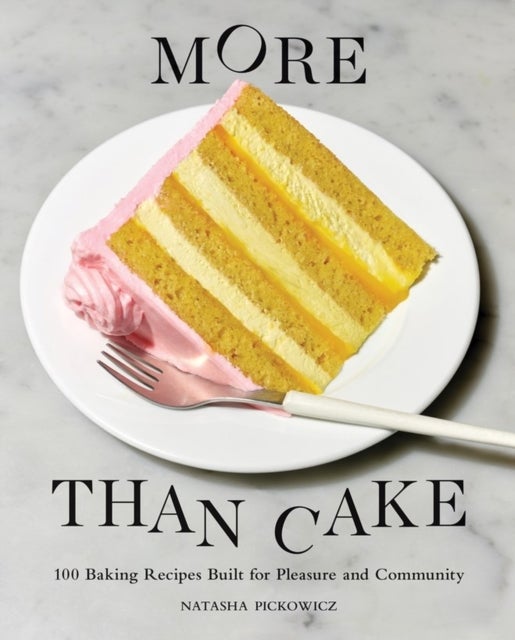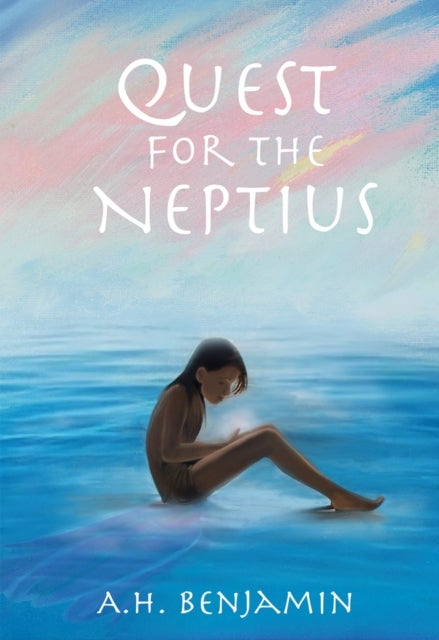
Justice Matters av Gloria (University of Wisconsin-Madison USA) Ladson-Billings
199,-
Social justice has become a buzzword to suggest we are serious about racism, sexism, classism, heterosexism, and ableism. But justice remains elusive and contested. It is written in founding documents, street soldiers declare it: ''no justice, no peace!'', but is absent from public interactions. Building on Cornel West¿s notion of ¿race matters¿ and the Black Lives Matter movement, <i>Justice Matters </i>strips away the rhetoric that keeps us from understanding what justice is, particularly in education, but also in relation to health, race, economy, and environment.Ladson-Billings interrogates the meaning of justice, looking at Western notions of justice from Aristotle to Kant to Rorty, alongside Eastern notions of Justice, from Lao Tzu, to Rumi to Frantz Fanon and W.E.B. Dubois. She shows how the pandemic has exposed deep injustices in society, and how schooling and the curriculum are largely blind to the race, White supremacy, and the racial trauma that plagues marginalized people.








